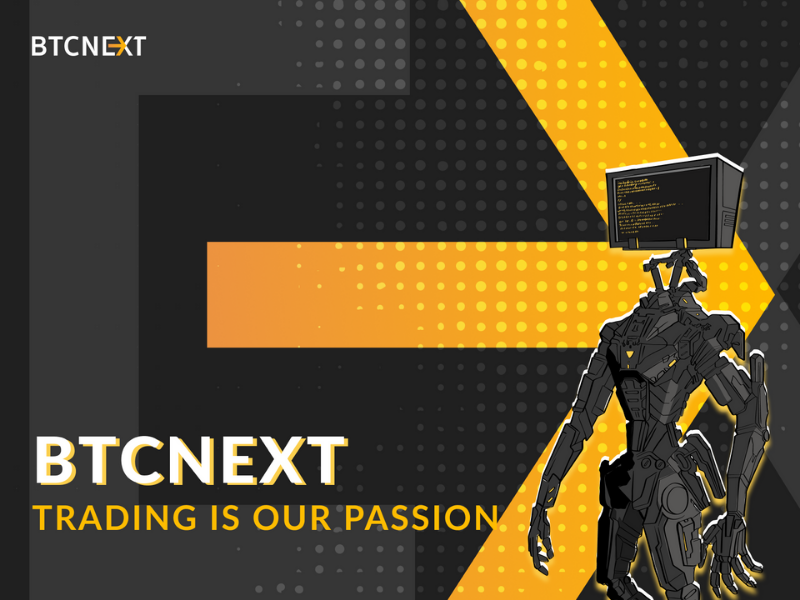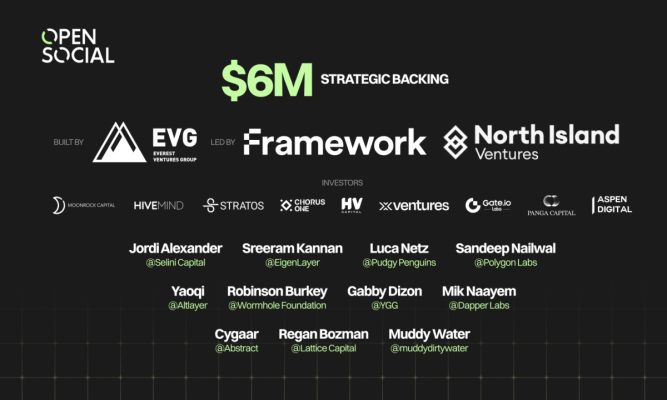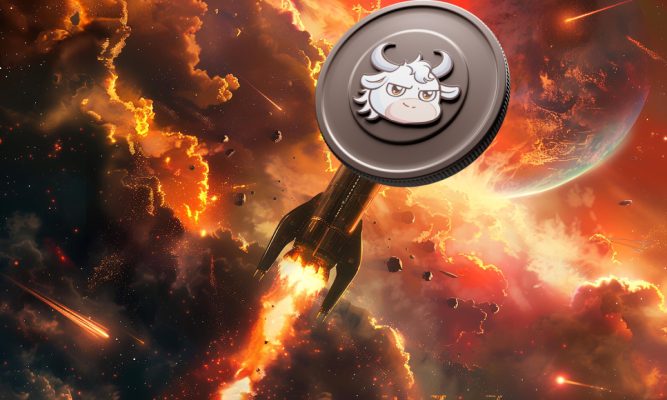A lot of years have passed since crypto exchanges became introduced to average buyers. Initially, they were pretty unusable buggy sites, developed by enthusiasts as some sort of a hobby in spare hours. Nowadays it’s a more or less established industry with institutional players, such as ICE, JP Morgan, and Fidelity Investments, and enormous profits. For example, Binance reported a $78 million profit in Q1 2019.
However, some of the problems still remain: most exchanges have limited support of fiat, and that makes entering crypto space a really hard task. If I’m allowed to buy cryptocurrencies only with other cryptocurrencies, where do I get them in the first place? That is a classic problem of chicken and egg. In this small research, we’ll take a closer look at the current state of fiat gateways on crypto exchanges.
Gimme your money
Why do only a few exchanges support fiat currencies? It’s very obvious that we don’t live in a world where crypto is a common means of payment. Thus the only option, if I’m a newcomer, would be buying crypto with my salary, which is paid in fiat money. And yet most exchanges don’t support it or support it with limitations.
After spending a few hours I’ve found some feedbacks on various exchanges, I’ll be using them to illustrate the topic we’re talking about. Here we see the mention of C2CX, an exchange from China. It doesn’t support any currencies other than native Chinese currency Renminbi. Disappointed users always complain about limited fiat currencies support, salty transfer fees. You cannot buy Bitcoin, or Ethereum with US Dollar or EUR at C2CX. As we have mentioned above, this cryptocurrency exchange supports only Chinese Renmibi. However, CNY withdrawals are charged with solid fees – 0.40% in working hours and 0.60% outside working hours.
The reason is very simple: to support fiat deposit/withdrawal, an exchange must get approval from financial regulators to work with banks. Those who don’t have a bank account, can’t receive and send fiat transactions. It seems that C2CX has a bank that allows it to use only one currency.
There’s another reason why crypto exchanges aren’t interested in integrating fiat. If they start to accept real money, they automatically get the status of a financial operator, with some consequences. As long as they allow crypto to crypto trading only, they are safe, as there is no proper international regulation for it, for the law, it’s a bunch of people exchanging imaginary internet money for another imaginary internet money. And exchanges can continue to collect fees.
Okay, let’s suppose that you’ve managed to buy crypto somewhere somehow. You trade, make some profit, and decide to withdraw it. It’s not that simple: exchanges accept your money with ease but aren’t willing to return them at first request?
One thousand reasons to never return your money
Various shady exchanges use a wide variety of excuses to take a bite off of your funds. Sometimes they simply charge exorbitant fees without providing a proper notice.
One unlucky user on Qryptos made more than 100 trades before finding out that all these trades cost him 0.5% instead of 0.15%. That’s a lot if you operate with large orders – $5,000 instead of $1,500 dollars for 100 trades. The support of the exchange never replied to him either.
The trader has provided the following comment: «Have opened issues on qryptos trading fees 3 months ago. I have tried everything:
– an open issue on zendesk — no response at all.
– disturb admins in quoine telegram chat — admins reply that developers are busy with liquid rollout and I have to back after 5th of September.
– communicate to quoine via intercom — receiving replies to be patient.
Waiting 3 months…»
Of course, the fees are necessary to sustain the operations of the exchange. Any customer has to pay for everything: for opening the trade, for closing the trade, for withdrawing crypto, for withdrawing fiat. However, some exchanges are too greedy, sometimes trying profit on you the most at “the last mile” – withdrawing funds from the exchange. In this case, we read something like this feedback on BitZ bad withdrawal practices: «The withdrawal fees are too high, would advise using another exchange.».
Exchanges don’t like to withdraw money, it’s a complicated process, the only operation they tolerate is depositing fiat to their accounts. Some of them even come up with interesting solutions. In 2018 Bitfinex set the minimum entry level to $10,000, thinking that it would cut off small retail traders and investors. In 2019 Bitfinex removed that limit. However, even after the removal some problems still remain. Like the one with sending money to e-money banks: «Beware that after all the work you put in to get verified they tell you that you can’t make EUR SEPA payments to online e-money banks such as Monese, Revolut, and others. Their compliance won’t allow.»
Finding a good example – BTCNEXT
Traders, investors, and exchanges have the opposite interests: the latter want higher fees because it means more profit for them, the former – lower fees. If you trade on stock markets, you probably know some brokers with little to no fees, such as Robinhood. Finding a similar crypto exchange is a harder task, but not an impossible one. Personally, I like BTCNEXT, a relatively new exchange, but it’s a good one. I’ve been using it for a few last months, and still, haven’t found anything suspicious. It’s secure, its support is available 24/7, and its fees are among the lowest, 0.010% for all transactions. There are special extra-low fees for large-deposit users, but I didn’t test it, because I don’t have a large deposit. Anyway, BTCNEXT is a good exchange to start from,and to me, it seems reliable (it’s only my opinion, not advice!). Currently, they are working on implementing fiat gateways.
If you trade on crypto markets, you must pay attention, where you send your money, it should be a reputable safe exchange, not some shady scammy one. Or you’ll end up with no money at all. Like this user of BTC-Alpha: «I have been trying to withdraw my money and ‘surprise, surprise’ there is no response since October 2018. It has been almost 5 months and I have still not received my funds. I have contacted my chain manager and there is no answer through e-mail or mobile. I have also contacted the numbers on the website and they do not work.»
That’s a sad situation, that’s why it’s important to read all available reviews before sending money to any exchange.
Conclusion
Trading cryptocurrencies is still some sort of a Wild West experience. Exchanges don’t comply with laws, don’t support fiat deposits to evade responsibility. At the same time, beginner traders can’t enter the market easily, having only fiat currencies to start with. 95% of all exchanges still don’t have a bank account to work with fiat, because they can’t get approval.
However, the law is slowly changing. There is some sort of regulation for exchanges in Japan, Swiss banks offer their services to crypto companies, there are discussions about it in the EU. It’s safe to assume that soon we’ll have more exchanges with fiat gateways. That will drive crypto adoption further. Also, don’t forget about fees when you choose an exchange to trade on. As I’ve mentioned earlier, BTCNEXT is a good one to start with. Be careful with your money, save on fees and this approach will benefit you a lot in the future.
About BTCNEXT
BTCNEXT exchange, the next generation spot, and margin-trading platform, has been developed by Platinum Q DAO Engineering, which has also brought USDQ and KRWQ to the market, looking to edge together innovative solutions in collateralization. They plan to achieve it by using stabilizing mechanisms and neural networks for high-endurance stable coins.
The one aspect of USDQ which makes it unique is that this stablecoin is decentralized. It has Bitcoin as a collateralized cryptocurrency debt backing up its value, instead of a centralized authority holding dollar bills, as in the case of Tether (USDT).
In order to protect investors’ funds, BTCNEXT developers have implemented more than 300 security measures. In the near future, users will be able to trade over a hundred types of tokens including Bitcoin, Ethereum, and Litecoin. For more information, visit their website and follow them on Twitter, Instagram, Telegram, Facebook, Medium, and LinkedIn.


